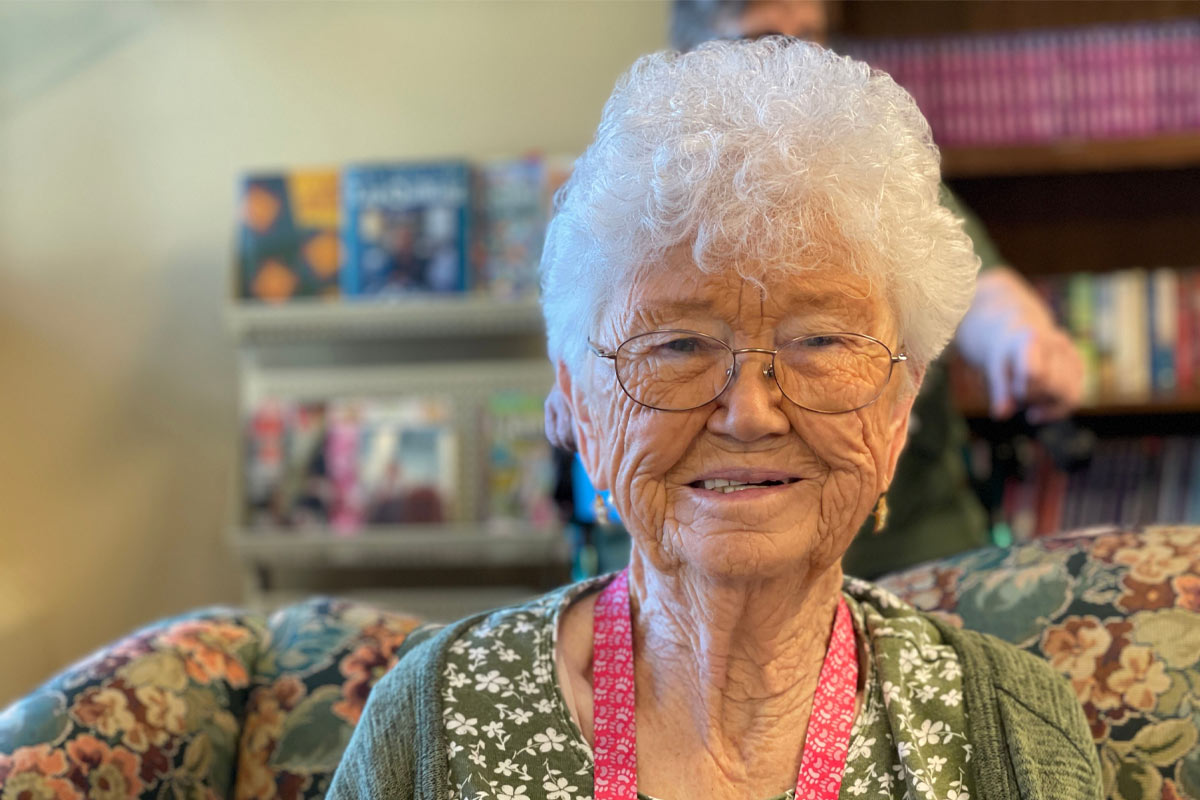Taking Care of Your Aging Parents Can Be Difficult
They taught you everything: how to dress and feed yourself and how to ride a bike; how to fix a leaky toilet or soothe a scraped knee; how to cook and sew, balance your checkbook, and change a tire — all the hundreds of things, large and small, you needed to know to be able to take care of yourself independently. But now, your once-capable and oh-so-independent parents are aging and beginning to struggle with some of the simple tasks they once taught you. You find yourself wondering, “Is it time for help?”
If you ask your parents that question, the most likely answer you’ll receive is, “Of course not — I’m fine.” But what your parents say, and what you see happening, may be two completely different things, and that is a very common situation for families.
“Admitting they need help and accepting assistance is not easy for people as they age. It represents a loss of independence. Denial plays a major role and signs get ignored,” says Paul Hogan, Founder and Former Chairman of Home Instead.
How to Get Your Parents to Agree to Accept Help
Figuring out how to overcome a parent’s resistance to these changes can be a trial-and-error process. Delivering an absolute edict, though tempting in the face of what may seem like sheer obstinacy (Do you remember what you were like when you were little?) may not be the most effective strategy: Parents may feel like they’re being forced into something or not being listened to and may respond by digging in their heels even more strenuously.
You may try a rational approach, then, offering up some practical reasons why help is needed: “I work full time; now that you no longer drive, I just can’t be a chauffeur. We need to get some help for that.”
Perhaps some reassurance about your parent’s changes, that they are all just a normal part of the aging process that everyone will experience at some point in their lives, can help. According to WebMD, “as you enter midlife, your brain changes in understated but measurable ways. The brain's overall size begins to shrink when you’re in your 30s or 40s, and the rate of shrinkage increases once you reach age 60.”
Helpful Signs that Your Aging Parent Might Need In-Home Care
Whatever approach you use, and a combination of all three may, in the end, be what works most effectively, this very typical response of ignoring signs and denying the increasing need for help means that most of the “burden of proof” falls to the rest of the family; that’s why knowing common warning signs is critical for family members. Do any of these seem familiar?
If you’re noticing these and other warning signs, it may be time to start talking with your aging parent now, before mild difficulties become major crises. Gently and respectfully share with them your concerns, using concrete examples of things you’ve seen; ask them what their ideal help situation would be, moving forward. Above all, when you begin talking, try to put yourself in their shoes, and treat them how you would wish to be treated by your own children.
It’s likely the conversations you’ll have won’t be the easiest ones you’ve ever had with your parents, but with respect, compassion, and good, solid information, they’ll probably be a lot easier than the one you had that time you got caught coming home past your curfew — and maybe you’re less likely to be grounded now.
Need advice on more ways to get in-home care and help for your aging loved one, call our office at (570) 522-6533 and we would love to help.



